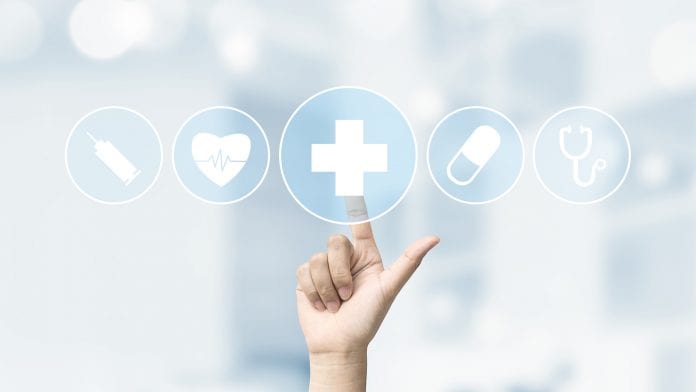
The European Commission is to support 23 new COVID-19 health and research projects with €128m of funding.
The COVID-19 funding, which is being made available under Horizon 2020, the EU’s research and innovation programme, is part of the Commission’s €1.4bn pledge to the Coronavirus Global Response initiative that was launched in May.
The shortlisted projects involve 347 research teams from 40 countries, including 34 participants from 16 countries outside of the EU.
Thierry Breton, Commissioner for Internal Market, said: “The excellent response to this call shows the wealth of new ideas to tackle coronavirus, including new digital health solutions. Digital solutions and technologies enabled us to stay connected and interact with each other during the confinement. They will also be an essential part of the long-term response to this virus and to increasing our resilience.”
EU funding for COVID-19 research
The EU funding will enable researchers to strengthen the industrial capacity to manufacture and deploy readily-available solutions for the COVID-19 pandemic, develop medical technologies and digital tools, improve understanding of behavioural and socio-economic impacts of the pandemic, and to learn from large groups of patients across Europe.
Mariya Gabriel, Commissioner for Innovation, Research, Culture, Education and Youth, said: “Emergency funding from Horizon 2020 will enable researchers to rapidly develop solutions with and for patients, care workers, hospitals, local communities and companies. The results will help them to better cope with and survive coronavirus infections. It’s encouraging to see the research community mobilise so rapidly and strongly.”
What will the new projects cover?
The new projects will cover a number of different areas that will help with the response to the pandemic, including:
- Repurposing manufacturing for rapid production of vital medical supplies and equipment needed for testing, treatment and prevention – for instance using injection moulding and additive manufacturing (3D printing), adaptive production and supply chain methods, and repurposing manufacturing as a service network for fast reaction.
- Developing medical technologies and digital tools to improve detection, surveillance, and patients’ care – for example through the development of new devices for faster, cheaper, and easier diagnosis (including remotely) plus new technologies to protect healthcare workers.
- Analysing behavioural and socio-economic impacts of the responses of government and public health systems, for instance on mental health, including gender-specific aspects in risk factors and the socioeconomic burden, to develop inclusive guidance for policymakers and health authorities, and enhance preparedness for future similar events.
- Learning from large groups of patients by connecting existing cohorts in the EU and beyond to assess their exposure to certain risk factors to better understand the possible causes of disease in order to improve responsiveness to the virus and future public health threats.
- Enhancing collaboration of existing EU and international cohorts of patients by networking research institutions that are collecting data on patient care to enable studies into patient’s characteristics, risk factors, safety and effectiveness of treatments and potential strategies against coronavirus.
The Commission is currently negotiating grant agreements with the selected beneficiaries. This new call under Horizon 2020 complements earlier actions to support 18 projects with €48.2m to develop diagnostics, treatments, vaccines, and preparedness for epidemics, as well as the €117m invested in eight projects on diagnostics and treatments through the Innovative Medicines Initiative, and measures to support innovative ideas through the European Innovation Council.

























